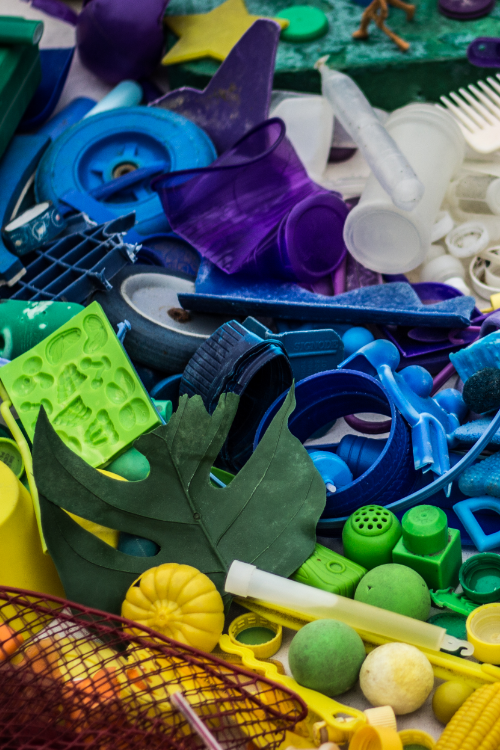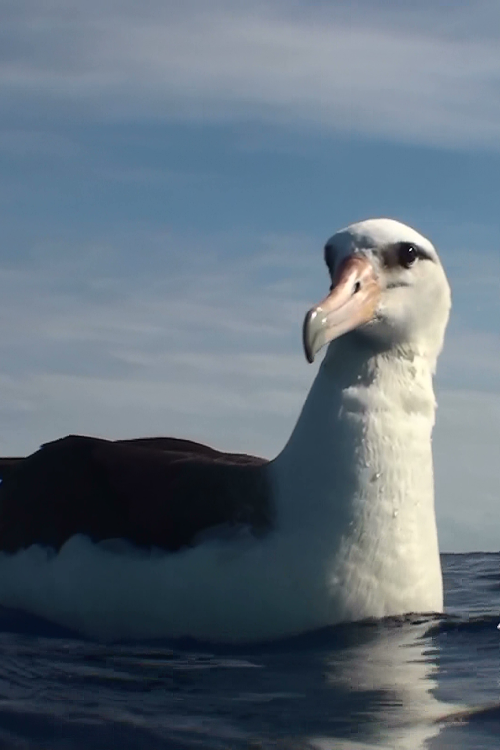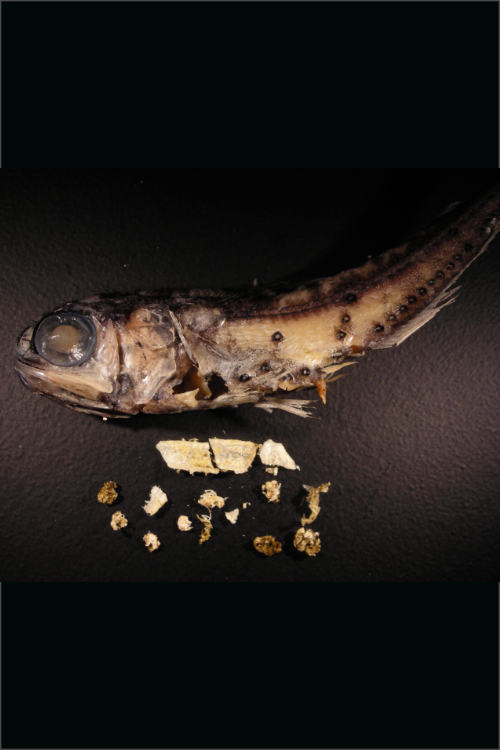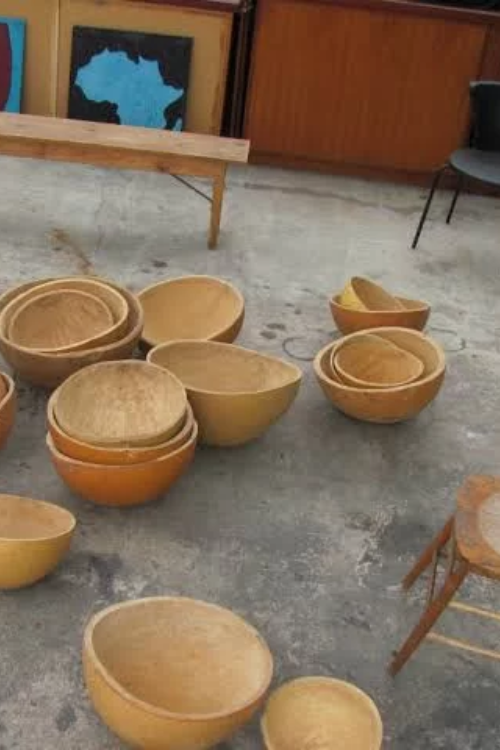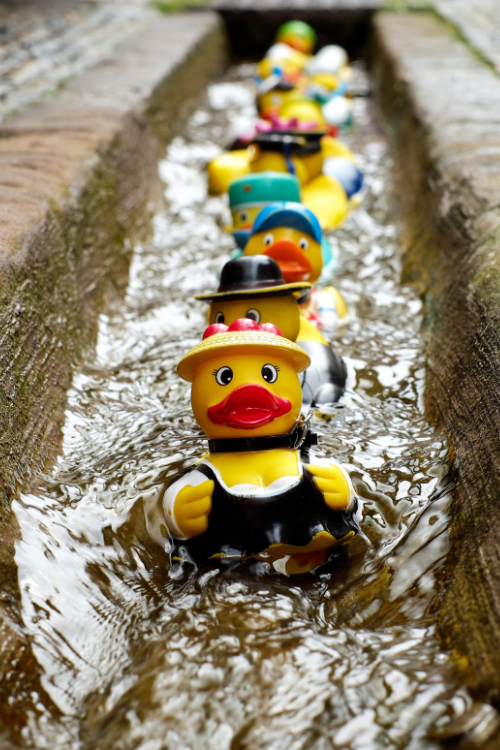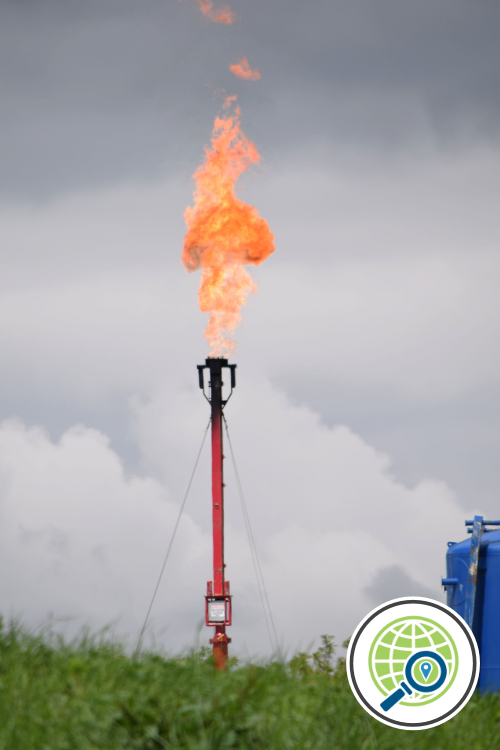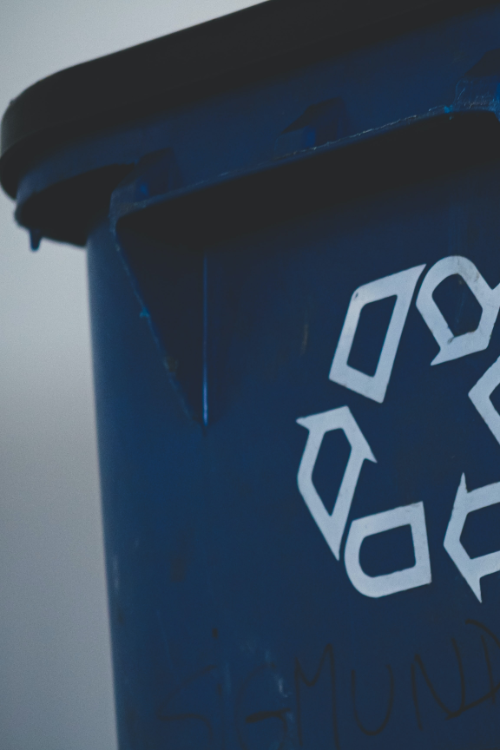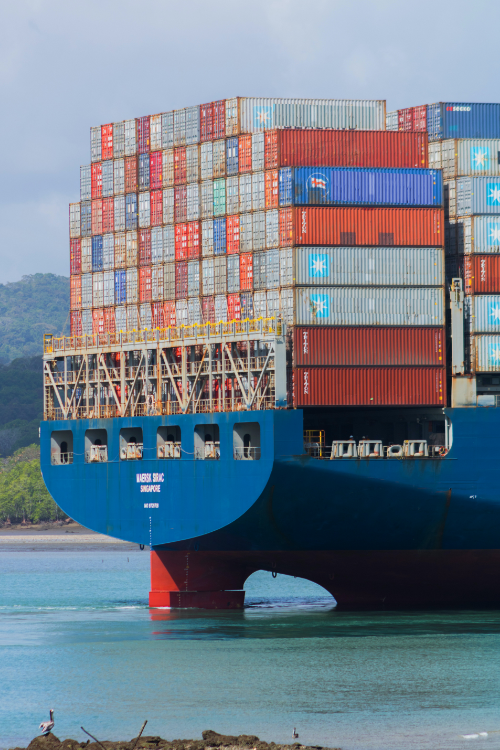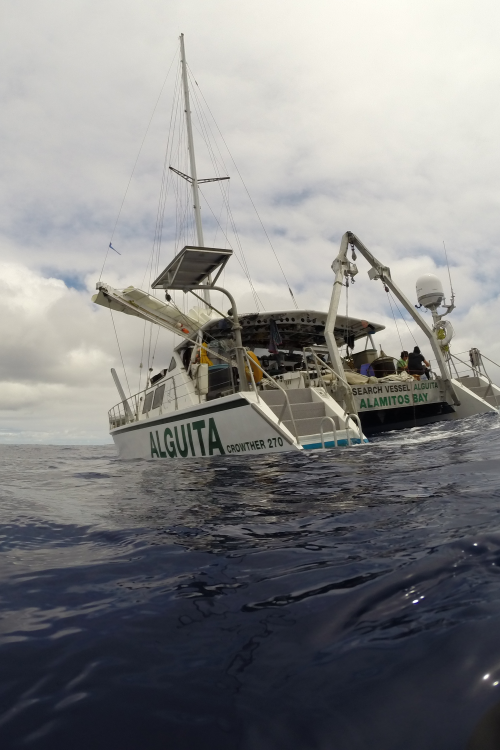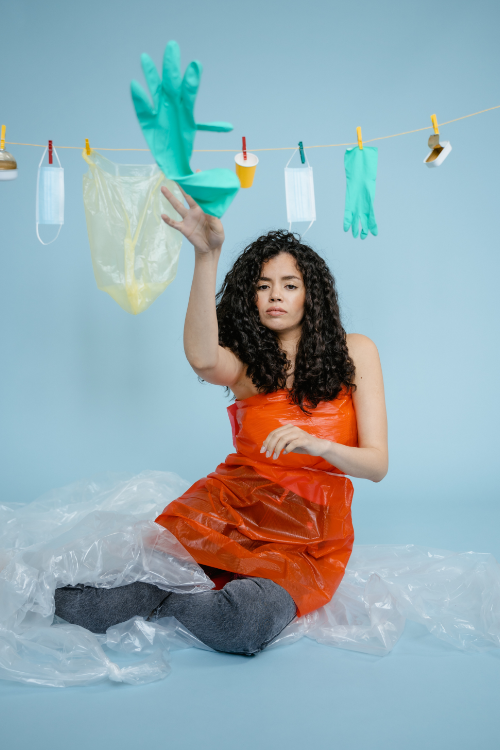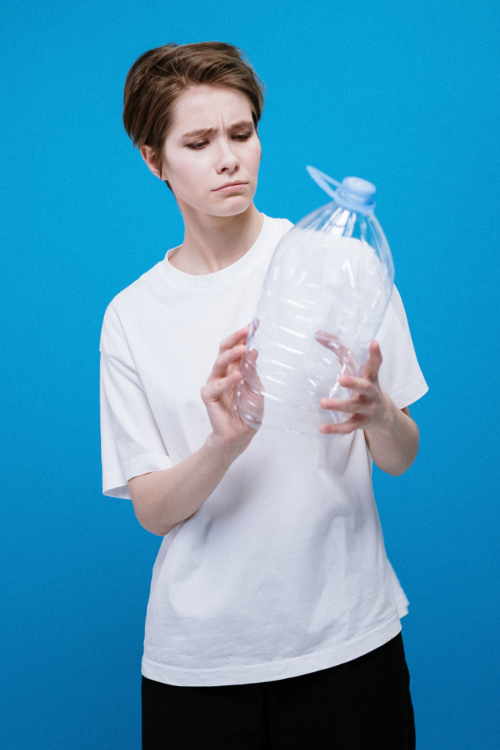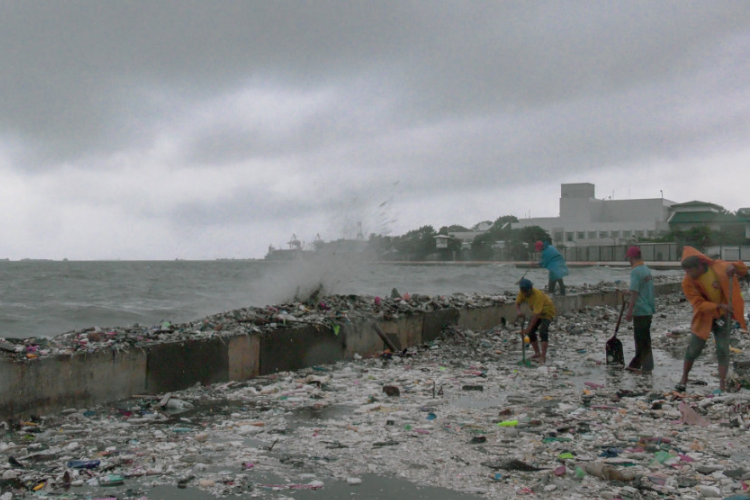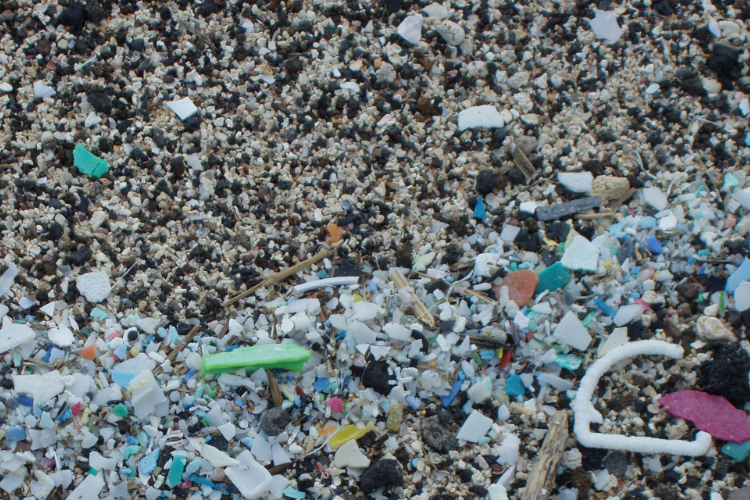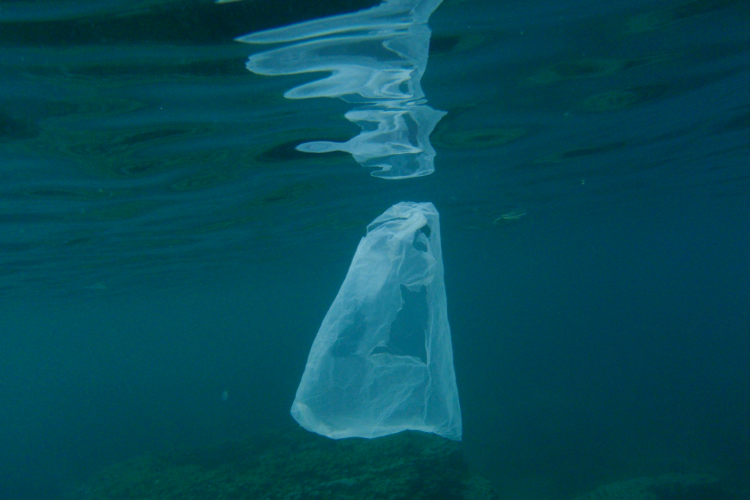Free, editable, hands-on environmental education lesson plans.
Resources for teaching effective environmental education.
Featured Lesson!
Campus Cleanup
Collect and sort trash found at school to help develop a solution for decreasing trash on campus.
Applicable subject areas: Science, Math, Social Science
Co-created with educator Ashley Contreras. Included in the Plastic Ocean Experience Guide.
Grades 4 and up
1-2 hours
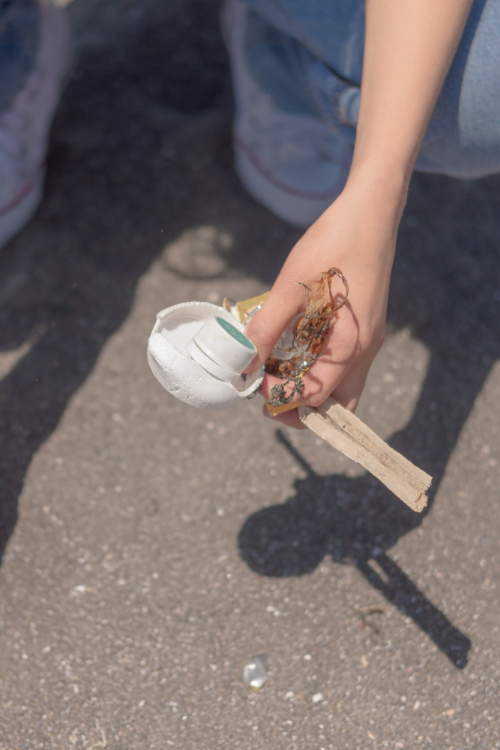
Lesson Modules
Mix and match these modules, edit the handouts, and adapt to fit in your curriculum. All materials can be downloaded, edited, printed, and uploaded to your Learning Management System (LMS). Click on the image or description to access.
Human Impacts on the Environment, Ecosystems
The Problem with Plastics
Think, Pair, Share
Discuss the benefits and consequences of plastic for human societies, using Think, Pair, Share cooperative learning.
Grades 6 and up
Time 30 minutes
Subjects Human Impacts, Social Sciences
Standards NGSS MS-PS 1-3 Synthetic Materials
Plastic Pollution Sources and Sinks
Evidence Image Cards
How does plastic get into and impact ecosystems?
Grades 4 and up
Time 30 to 60 minutes
Subjects Human Impacts on the Environment, Ecosystems, Water Pollution
Standards NGSS Science and Engineering Practices, NGSS MS-LS 2-4, APES Unit 8
Campus Cleanup
Outdoor Investigation
Collect and sort trash found at school to help develop a solution for decreasing trash on campus.
Co-created with educator Ashley Contreras
Grades 4 and up
1-2 hours
Biomagnification in the Marine Food Web
SIMULATIONS AND DEVELOPING A MODEL
Explore the phenomenon of biomagnification through simulations of the California marine food web. Construct an argument using evidence from a seafood investigation to show how changes in the ecosystem affect the marine fish populations.
Co-created with educator Dori Hess and Ashley Contreras
Grades 7 and up
2-3 hours
Examining traditional materials as solutions to overuse of plastic
RESEARCH PROJECT
Examine the cultural significance of traditional materials, their sources, and uses for everyday items, learn traditional handicraft techniques, and identify opportunities for replacing single use plastic with reusables made from traditional materials.
Co-created with educator Clinton Ezeigwe
Grades 3 and up
3-5 hours
Currents and Gyres – Plastics and Global Circulation
PRESENTATION AND SIMULATION
Investigate how global currents form and influence climate and the distribution of plastic pollution throughout the world ocean.
Co-created with educator Neil Leonard
Grades 6 and up
2-3 hours
Synthetic Materials, Climate Change Connections
Synthetic or Natural?
Scavenger Hunt
Contemplate the difference between synthetic and natural materials that make up common items and explore the pros and cons of synthetic materials.
Grades 5 and up
30 to 60 minutes
How and where are plastics made?
INTERACTIVE MAP
Find out how plastics are produced in the US and find out how it impacts communities using geography tools like our GIS interactive map.
Co-created with FracTracker Alliance
Grades 7 and up
30 to 60 minutes
How is plastic production connected to climate change?
Interactive Map
Analyze how plastics production contributes to greenhouse gas emissions using our interactive map.
Co-created with FracTracker Alliance
Grades 9 and up
60 to 90 minutes
Can it be recycled?
RECYCLING INVESTIGATION
Find out why less than 10% of plastic gets recycled globally and what we can do about it.
Grades 5 and up
60 to 90 minutes
English Language Arts, Social Sciences, Civics
Shipping Container Spills: Who is Responsible?
Debate
Investigate effects of shipping container losses on the environment and engage in a Lincoln-Douglas style debate regarding responsibility of reporting and cleanup.
Co-created with educator Ashley Sarvis
Grades 4 and up
2 hours
Aligned with Common Core Literacy Standard SL.5.1
Plastic Soup in a Brave New World
COMPARE THEMES
Compare themes between two texts, Plastic Ocean Chapter 1 by Charles Moore, and The Tempest by William Shakespeare and create maps to present the similarities and differences between the two storylines.
Co-created with educator Sarah King
Grades 10 and up
3 weeks
Aligned with NCTE / IRA Standards
A Timeline of Throwaway Living and a Preconceived Endgame
HISTORICAL RESEARCH
Analyze the historical events that led to contemporary attitudes towards waste and throw-away culture through a collection of book excerpts, articles, and other publications, and develop a potential future outcome for an end to the culture of disposability.
Co-created with educator Sarah King
Grades 9 and up
2-3 weeks
Aligned with NCTE / IRA Standards
Plastics and our Health
Socratic Seminar
Investigate the consequences of plastics on the health of humans and other living organisms. Engage in a Socratic seminar exploring the ethical considerations of the harm to various species due to plastic production and use.
Co-created with educator Julie Keck-Centeno Ed.D.
Grades 9 and up
3-4 hours
Aligned with AP Environmental Science
“I love that the lesson plans are free with easily downloadable and customizable materials that can be easily integrated into my existing curriculum.”
-Christine Casali, High School Science Educator
Standards Alignment Guides
Suggested outlines for incorporating our free materials into your standards-aligned curriculum.
AP Environmental Science Unit 8: Plastic Pollution and Solid Waste
This guide outlines our suggestions for how to incorporate our resources into your Advanced Placement Environmental Science Unit 8 curriculum on aquatic and terrestrial pollution.
Grades 10 to 12
2 to 6 hours
NGSS MS-PS1-3 Synthetic Materials
This guide will outline our suggestions for how to use a few of our resources to teach about the following Next Generation Science Standards (NGSS) Performance Expectation: MS-PS 1-3 Gather and make sense of info to describe that synthetic materials come from natural resources and impact society.
Grades 6 to 8
Variable Timing
NGSS MS-ESS 3-3 Human Impact - "Plastic Ocean"
This guide will outline our suggestions for how to use a few of our resources to teach about the following Next Generation Science Standards (NGSS) Performance Expectation: MS-ESS 3-3 Apply scientific principles to design a method for monitoring and minimizing a human impact on the environment.
Grades 6 to 8
Variable Timing
“Algalita has opened my eyes and I am even more motivated to continue teaching the new generations how we can save our planet. There is hope, if we start with education.”
-Laura Bermudez, Educator

